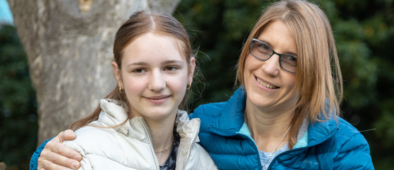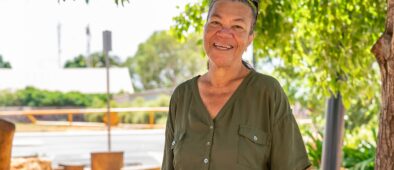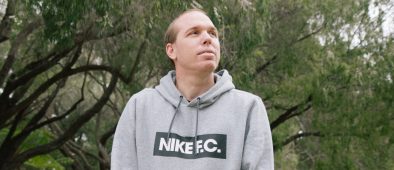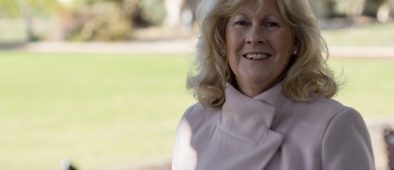“XEN® Gel Stents, a breakthrough from the Lions Eye Institute, have changed my life,” Jill, glaucoma patient.
At Christmas, university researcher Jill looks forward to unwrapping twinkling lights and hanging decorations with her three beautiful grandsons. She’ll make festive food and perhaps drive them to their favourite café for pastries. On the big day, she’ll prepare a full traditional roast, and the family will gather around the table, clinking glasses and sharing jokes from their Christmas bonbons.
Now imagine facing these cherished moments without your sight. Your gift could restore vision and change lives forever. Please donate today.
A Life Transformed
At age 54, Jill was diagnosed with glaucoma. Despite available treatments, she faced a progressive disease that threatened her vision. Without a breakthrough, she would be facing a much bleaker holiday season.
Thankfully, that breakthrough came when she learned about the Lions Eye Institute while living temporarily in Oxford, UK. Upon her return to Australia, she visited Professor Bill Morgan and jumped at the chance to be part of the XEN® Gel Stent clinical trial in 2009—an opportunity that would become a major advancement in modern ophthalmology.
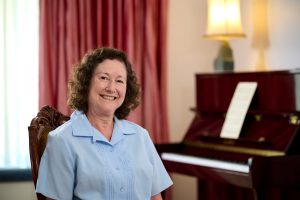
“I was a busy university lecturer at the time, and I honestly didn’t think twice about saying yes to the clinical trial,” says Jill. “It saved my sight and I’m so immensely grateful.”
Thanks to the XEN® Gel Stents, Jill continues to run research projects at the university even at the age of 76, living a vibrant life and enjoying quality time with her loved ones—all made possible Lions Eye Institute supporters.
Your Impact
Thanks to generous support from our donors, Lions Eye Institute research breakthroughs, like the XEN® Gel Stents are changing lives worldwide. Your contributions enable our award-winning research team to advance innovations that could lead to transformative and groundbreaking treatments and cures.
The XEN® Gel Stent is just one of many Lions Eye Institute success stories over the last 40 years, click here to find out about our other inventions and innovative achievements.
Every day brings us closer to our next research breakthrough, but we need your help. Your gift could restore vision and change lives forever.
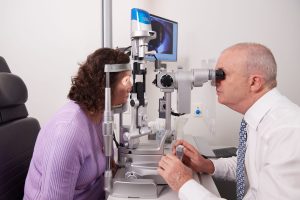
Professor Bill Morgan with patient, Jill.
“Uncovering advances in treatments like the XEN® Gel Stents that saved Jill’s eyesight is the driving force behind our significant and ongoing commitment to world-class medical research and its translation into clinical practice,” says Jill’s clinician, Professor Bill Morgan. “Because sight truly is a gift to be treasured.”
You can help us achieve the next emerging research breakthrough and make a difference to people, like Jill, before it’s too late. The sooner we receive your gift, the sooner we can use it to save sight, so please give generously today.
Will you give the gift of sight and give hope to people like Jill?
Your urgent gift can make a difference for people like Jill. Watch her story in this video.
A research breakthrough from the Lions Eye Institute saved Jill’s vision. Please give the gift of sight by donating today, and help us discover the next big research breakthrough.
Donations of $2 and over are tax-deductible.












